UMF students are required to take a 3-credit First Year Seminar (FYS) course during their first year, preferably during the fall semester. There are three types of FYS options:
- Option 1: Experiential First Year “Fusion” Seminars
- Option 2: Traditional First Year Seminars
- Option 3: Honors Seminars in either experiential or traditional in format
Note that Options 1 and 2 are available to all students while Option 3 seminars are reserved for only students admitted to the UMF Honors Program.
Option 1: Experiential First Year “Fusion” Seminars
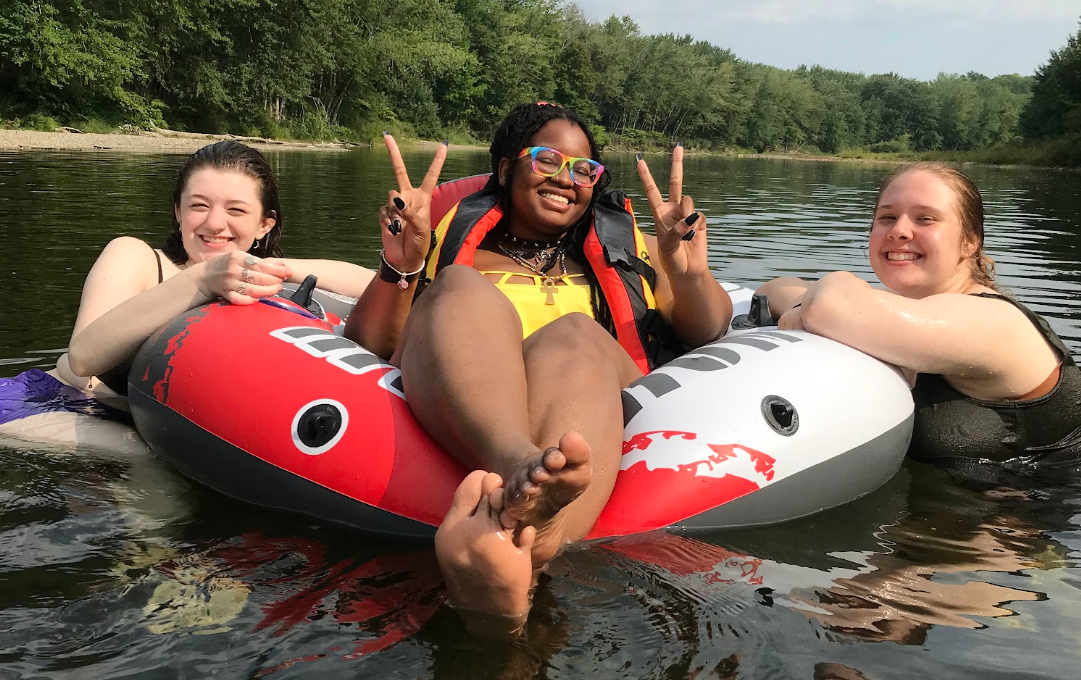
The First Year “Fusion” seminars are highly experiential courses that “fuse” FYS with a 6-day field experience in mid to late August. This permits the course to end early, mid-way through the fall semester. As a part of UMF’s Research Learning Experiences, each Fusion class travels to different locations around the state to engage in theme-based experiential learning led by a faculty member with a small group of incoming students. The First Year Fusion titles include: The Good Life; Sustainability Solutions: Acadia National Park; and an honors section, Human & Machine: Our AI Odyssey, which is only open to students admitted to the UMF Honors Program. As Research Learning Experiences (RLE), activities in Fusion courses, including Fusion Week in August, are subsidized by a generous donation from the Harold Alfond Foundation under the UMS Transforms initiative.
Note: Enrollment in Fusion courses requires a separate application. You will be sent an application. Please fill it out immediately to save your seat in the FYS section you prefer.
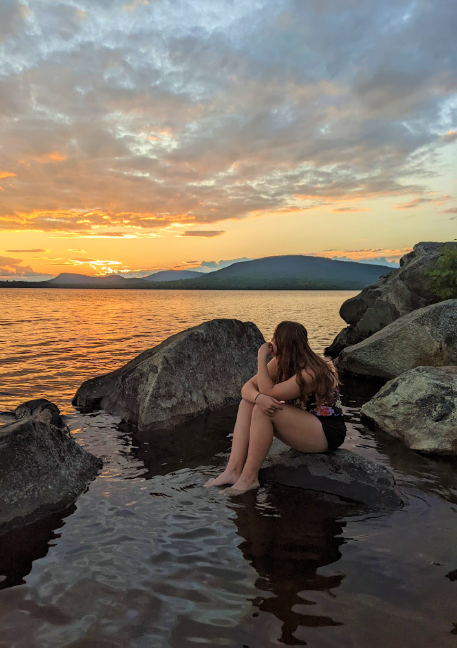
The Good Life (RLE, Honors Only)
Fusion Week 1 (Aug 16-22): UMF Campus & Two Nights at Flagstaff Lake
HON 101
Linda Beck, Professor of Political Science, Associate Dean of Global & Experiential Education
Credits: 3
Course Fee: $100
In “The Good Life” seminar, you are invited to set aside time as you begin your undergraduate career at UMF to think about what may be the most important questions in life: What counts as a Good Life? How do I go about living that Good Life? What will be my great work for the good of all? During Fusion week, you will begin the course at a tranquil retreat on Flagstaff Lake run by Maine Huts and Trails. You will stay in cabins along the lake where you can calm your mind, and focus on what really matters. We’ll read inspiring texts that explore The Good Life and have meaningful conversations while spending time in nature, walking the trails, and canoeing the river. Throughout the semester, students will explore their values and visions of The Good Life, articulating it in a final project through a medium of their choosing. Course ends on October 18.
- Spend time at a tranquil retreat in cabins on Flagstaff Lake
- Enjoy nature while you contemplate what the Good Life means to you
- Engage in meaningful conversations and develop important connections with classmates as you transition to the UMF community
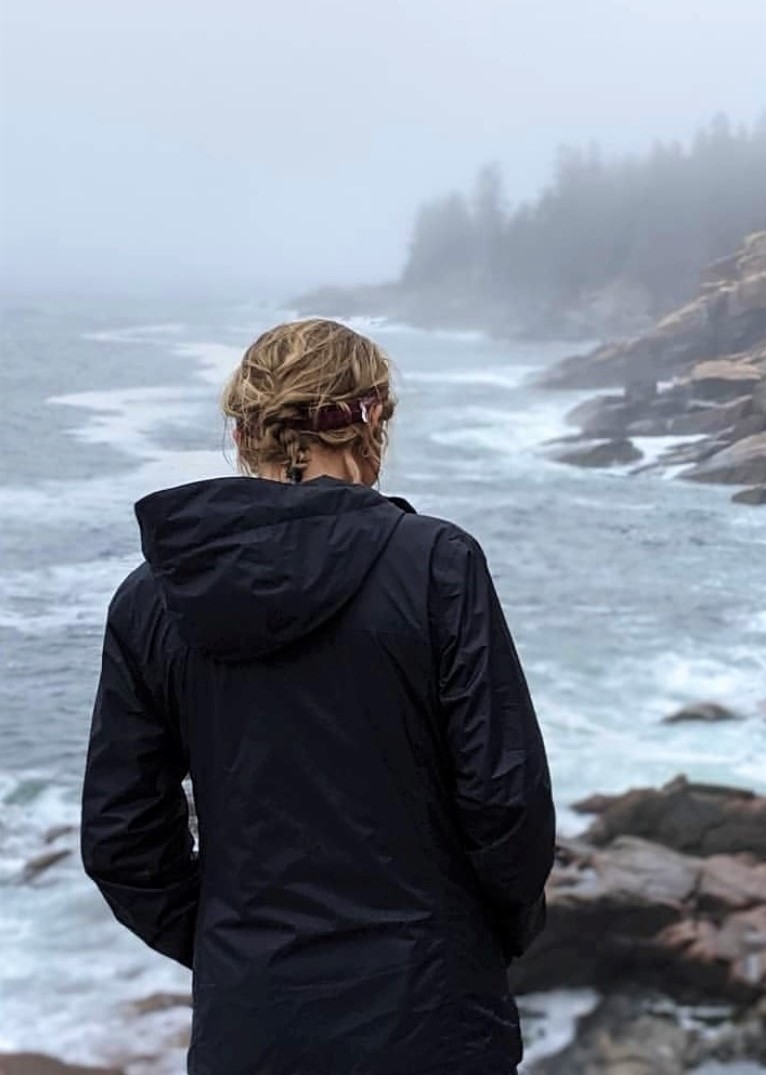
CLOSED
Sustainability Solutions: Acadia National Park (RLE)
Fusion Week 2 (Aug 23-29): UMF Campus & Bar Harbor
FYS 100 Section 7
Matt McCourt, Associate Professor of Geography & Environmental Policy
Credits: 3
Course Fee: $100
Mainers across the state are working to create positive change in their communities. During our Fusion Week, we will travel to Bar Harbor where we will meet with community leaders who are making a difference and improving people’s lives, in fields as varied as park management, tourism, recreation, and environmental organizing. During the fall term, students will engage in hands-on service learning opportunities that will permit them to work alongside a variety of Mainers who are engaged in creative, transformative projects that are Making Change in Maine.
- Start your college career with camping in Maine’s iconic Acadia National Park
- Meet with community leaders who are making a difference in their communities
- Develop your own creative project that can make a difference
Option 2: Traditional First Year Seminars
“Traditional” First Year Seminar courses begin on the first day of the fall semester and last 14 weeks, ending on December 13. Similar to the Fusion courses, some of these seminars include 1-2 day long experiential activities over the semester under our Research Learning Experience (RLE) program.
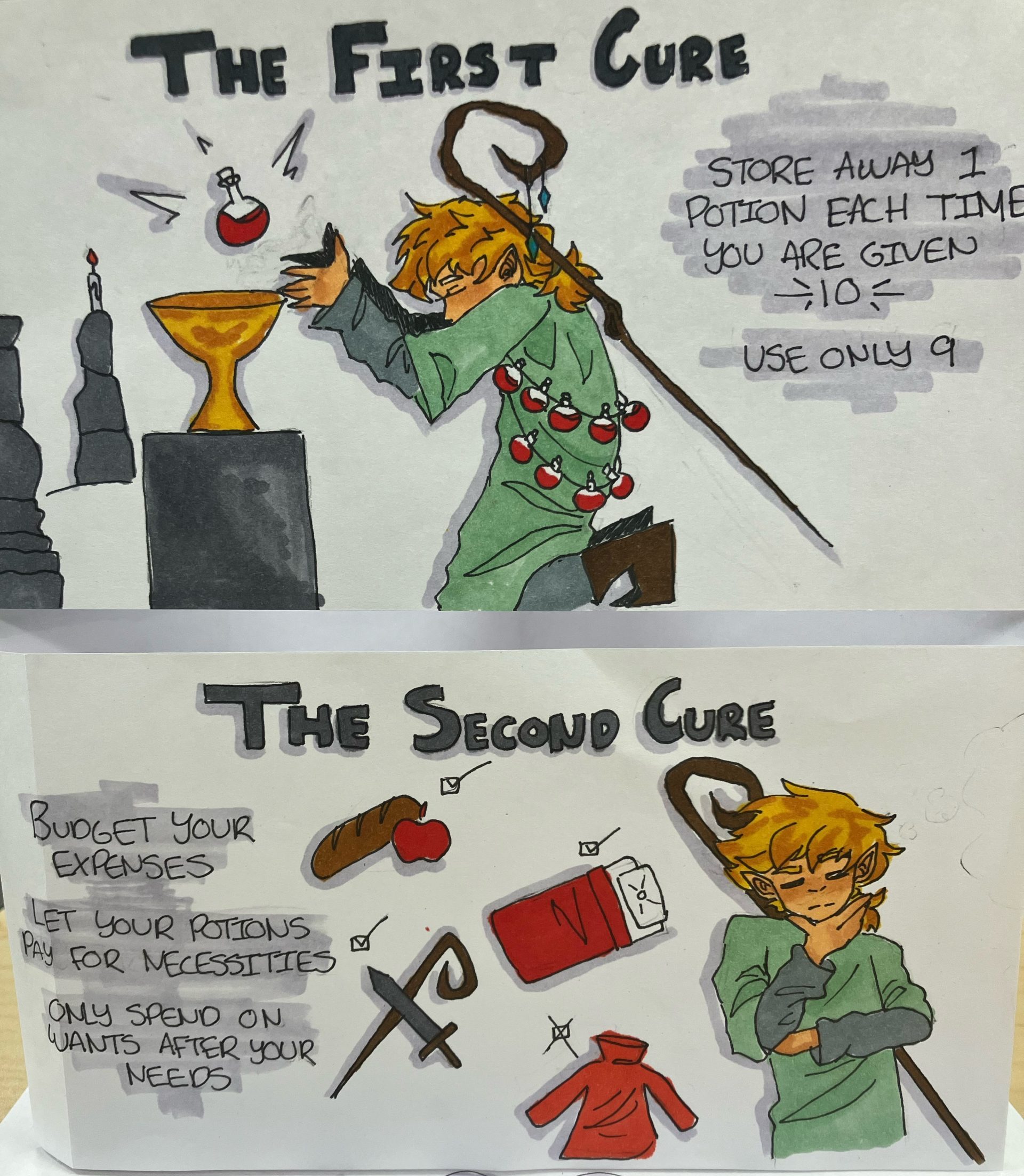
CLOSED
I Will Teach You to Build Wealth
FYS 100 Section 3
Lori Koban, Professor of Mathematics
Credits: 3
The central purpose of FYS is to help students make a successful transition to college and to develop habits of lifelong learning. We will read, write, think, present, collaborate, and problem-solve, all through the lens of personal finance. We will discuss a wide range of financial topics, such as compound interest, budgets, retirement, debt and insurance, and will focus on understanding both societal and personal money behaviors and creating tactical action steps for building wealth.
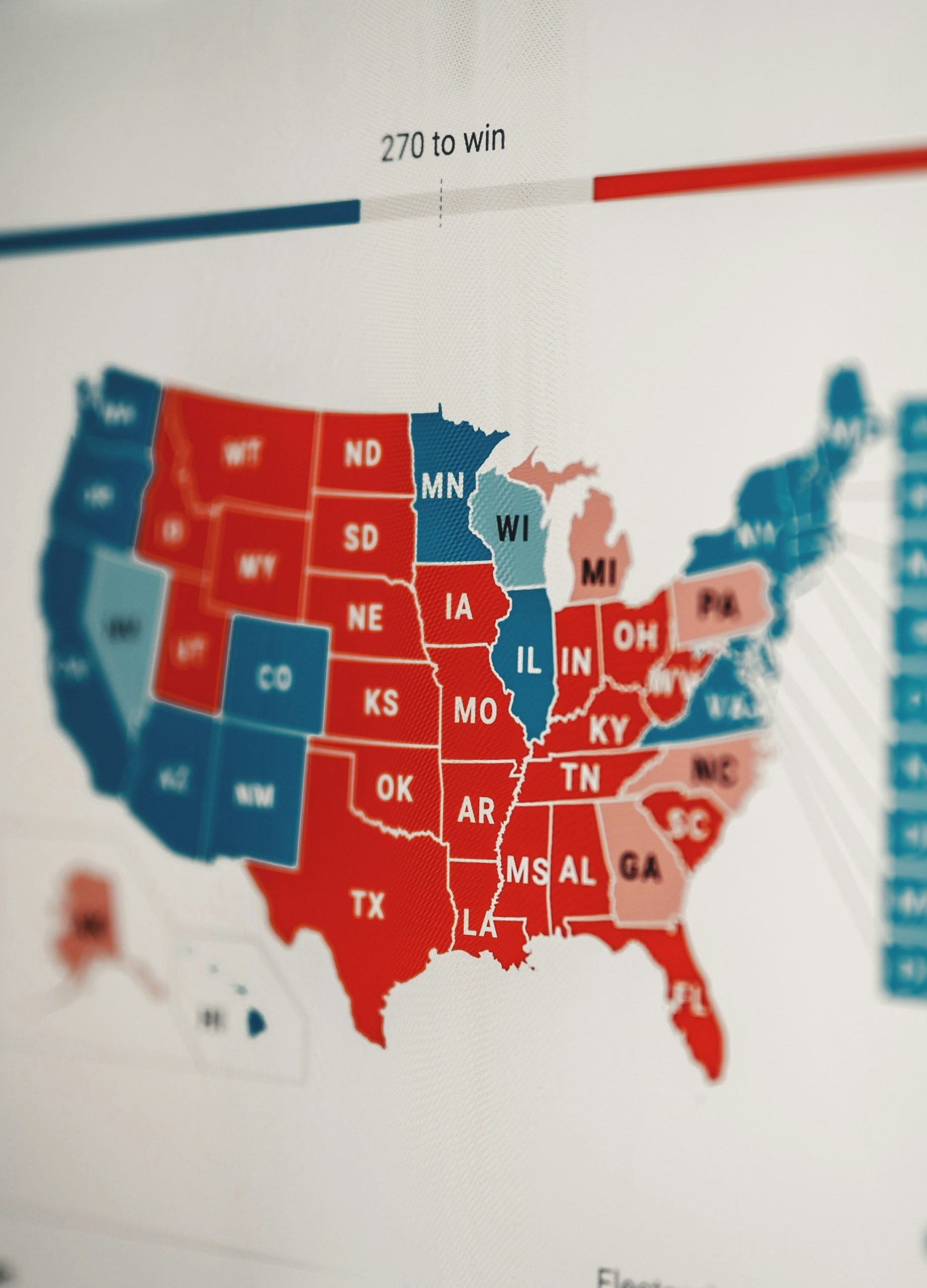
Presidential Elections Past and Present
FYS 100 Section 8
Jim Melcher, Professor of Political Science
Credits: 3
Description forthcoming
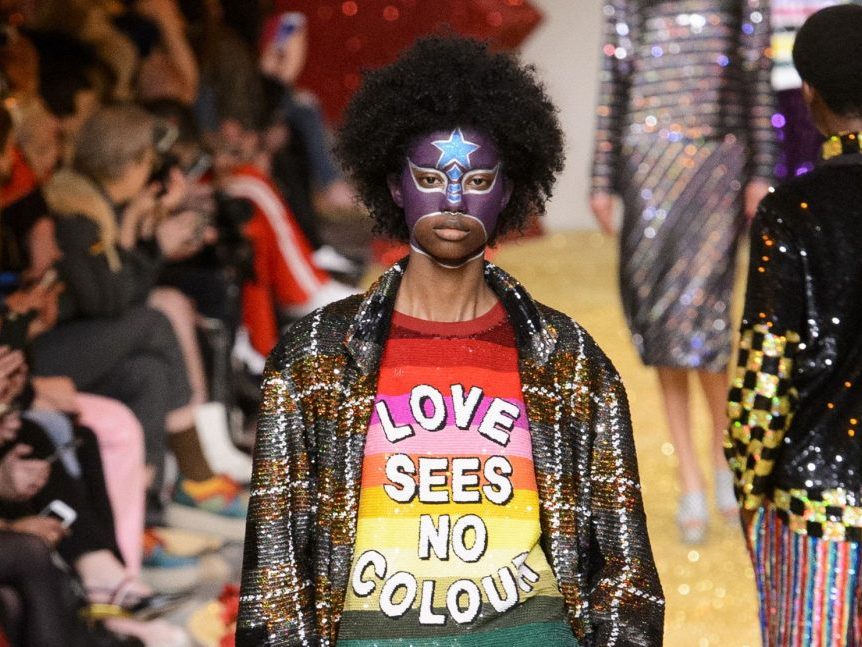
CLOSED
The Politics of Fashion
FYS 100 Section 1
Melissa Thompson, Associate Professor of Visual and Performing Arts
Credits: 3
The Politics of Fashion will examine fashion as an art, a concept, a cultural marker, and an industry to determine how fashion goes far beyond “just clothing” to become a political tool. We will explore the intersections of fashion with gender, race, body size, class, economics, human rights, etc. as a means to uncover the full spectrum of the power of fashion—from personal impact to global influence. Through these explorations, we will learn how to create scholarly research questions, investigate our ideas in a responsible manner, and how to communicate arguments visually, orally, and through writing.
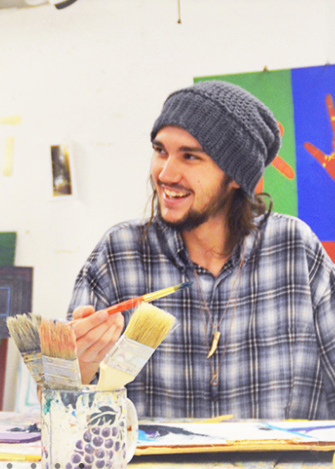
CLOSED
The Artist’s Way
FYS 100 Section 4
Pete Hardy, Professor of Mathematics
Credits: 3
Have you always wanted to be an artist but were afraid or unsure of how to begin? Are you in a rut artistically or just need to jump start your creativity? Are there artistic mediums you would love to explore outside of your current experience? The Artist’s Way by Julia Cameron has been touted as a twelve-step program for recovering artists. We will workshop her twelve-step program throughout the 12+ weeks of this course, reconnecting with our playful, creative muses (and our own spirituality) along the way. Throughout this course students will:
- Keep a journal designed to put you in touch with your inner child and rediscover that sense of wonder and excitement with which a child views the world
- Learn to focus on the quantity rather than the quality of your artistic output as you manifest your creativity while holding your own inner critic at bay
- Discover the connections between creativity and spirituality with an aim toward unlocking both on the path to self-discovery

CLOSED
The Ins and Outs of The Upside Down: Analyzing Stranger Things
FYS 100 Section 10
Deborah Overstreet, Associate Professor of Education
Credits: 3
Join us to explore the Upside Down! The Duffer Brothers’ Stranger Things quickly reached cult status as a television show. It displayed brilliant writing, the ability to connect with a broad audience, the examination of a vast array of issues, and a steadfast refusal to be pigeonholed as a horror show, a science fiction show, a mystery, or even a comedy. The four current seasons of Stranger Things currently provide 34 episodes—a very rich world of text. Just as Stranger Things itself crossed genre boundaries, the study of Stranger Things is also non-discipline specific. Stranger Things (like most pop culture subjects) can be examined from multiple scholarly perspectives, which is what we will be doing throughout the semester. It is not necessary that you be familiar with the series or have already watched it before you begin the semester.
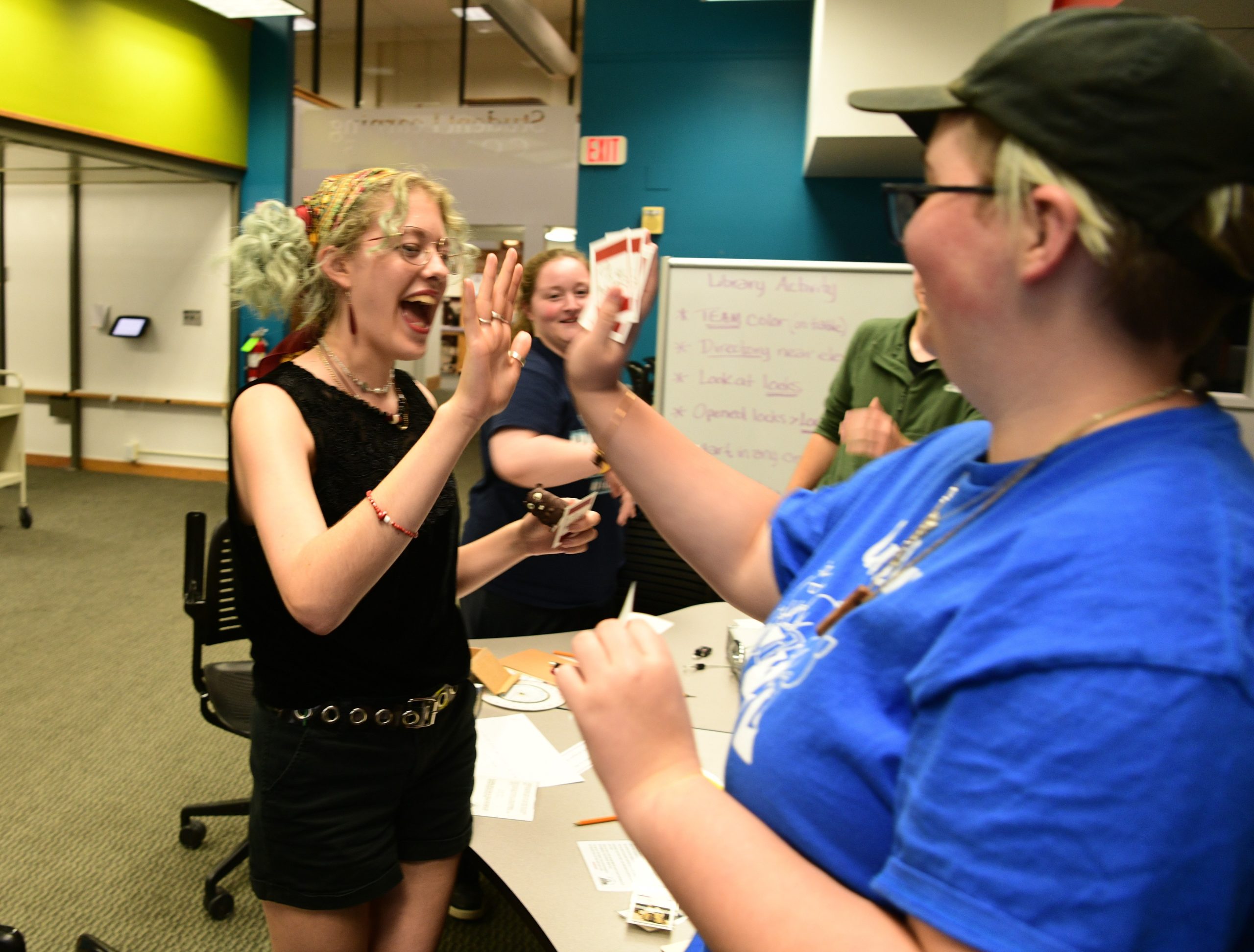
CLOSED
Finding Your Place
FYS 100 Section 5
Ashley Montgomery, Assistant Dean of Teaching & Learning Assessment
Credits: 3
While things we have in common can start a conversation or relationship, it’s our differences that really make a community and strong connection work. In this class, we want to make an environment to explore differences and question how narrow our ideas are of who we are. Looking at community means we have to ask ourselves to find and think about our differences. Are you open to expanding your ideas of yourself so you can have a bigger picture of who you are in the world? We hope that exploring this will help you feel more connected to others. This mutual self-expansion is the foundation of truly feeling like part of a group that can accept differences in things like backgrounds or personalities. Similarities can start us talking to other people. Differences help us connect on a deeper, more real level that includes everyone.
Option 3: Honors First Year Seminars – Fusion & Traditional
Students admitted into the Honors program should select an Honors Fusion or traditional FYS course. The Honors Fusion course, “Human and Machine: Our AI Odyssey” begins with a Fusion week from August 23-29 and then ends mid-semester on October 18. The two traditional Honors Seminars that run throughout the 14-week fall semester are entitled: Bigfoot and Making Things with Words.
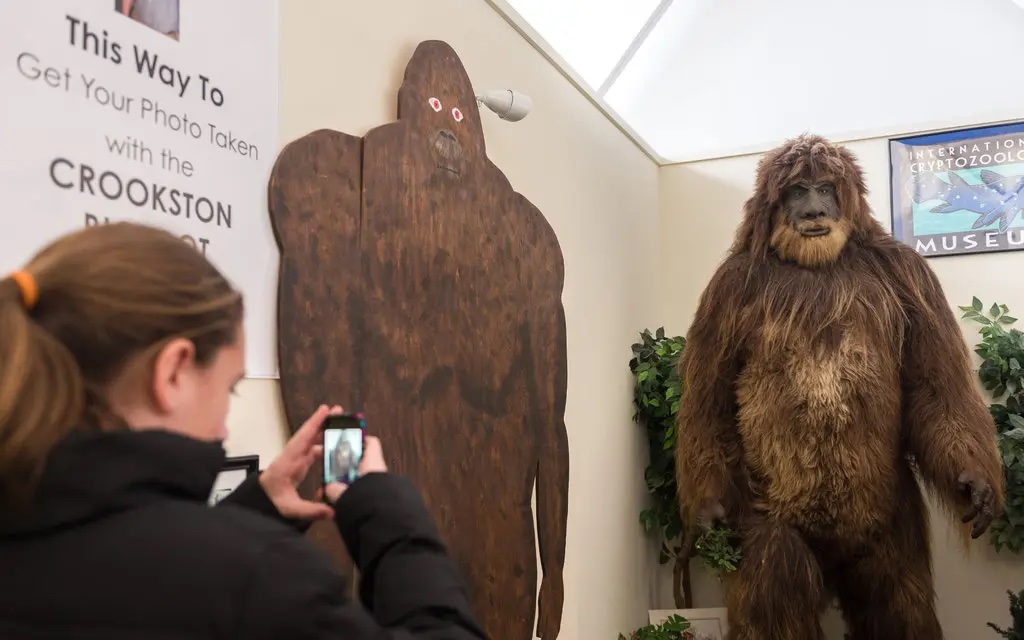
Bigfoot
HON 101 Section 1
Luke Kellett, Associate Professor of Anthropology
Credits: 3
This course explores the role that Bigfoot plays in American culture while also examining its historical, cross-cultural roots. Much of the course considers how the Bigfoot phenomenon offers a window into the complex relationships between belief, evolution, science, myth and culture. Students will consider the existing evidence for Bigfoot and gain an understanding of those who “hunt,” study, ridicule and celebrate this legendary creature. In a broader context, the course considers why the belief in Bigfoot continues and how it may reflect our own separation from nature and our ancient, wild past. Proposed course activities include:
- A nocturnal search for Bigfoot in a place with historical Bigfoot sightings
- A visit to the Cryptozoology Museum in Portland
- The creation of Bigfoot tracks and silhouette to attract interest in our research survey on Bigfoot beliefs in the UMF community
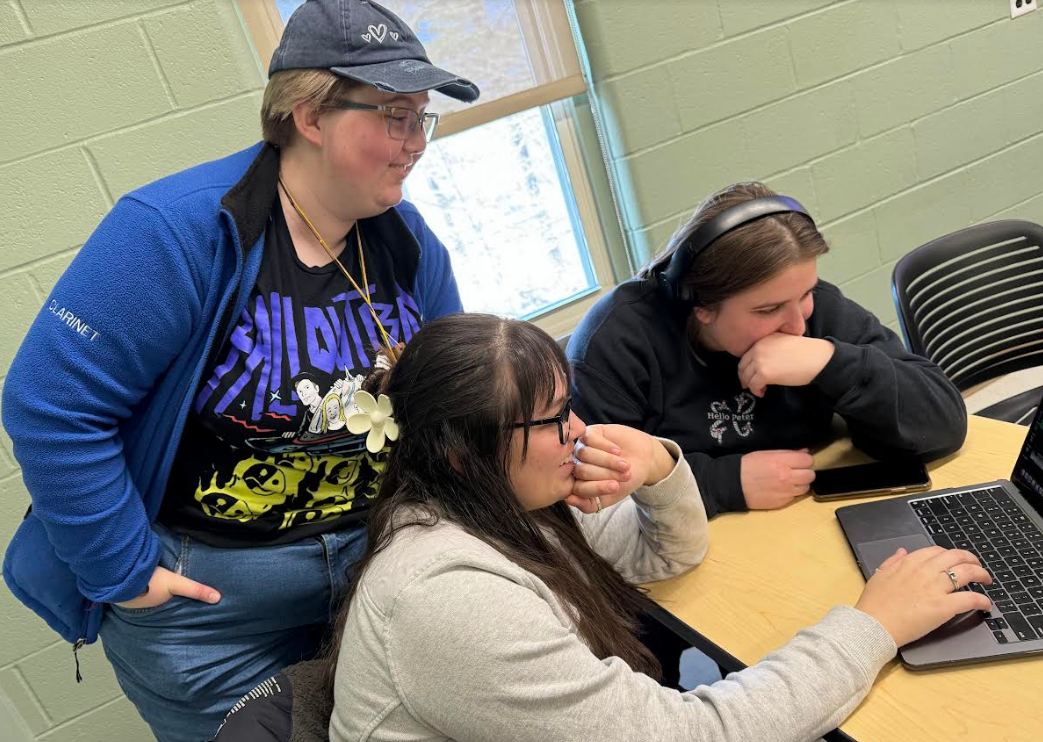
Making Things with Words (RLE)
HON 101 Section 2
Steve Grandchamp, Assistant Professor of Literature and Digital Humanities
Credits: 3
What does it mean to publish a written work? In Making Things with Words, students will explore small-scale and creative acts of publishing such as zines and digital films. In this way, the course will introduce students to the principles and practices of creative publication. Working with words and images, students will conceptualize and execute artistic projects. Readings and class discussions will cover the history of the book, the impact of changing technology on the reading experience, and the relationship between form and content across media. A hands-on class, Making Things with Words will provide students with foundational skills in analog and digital design. Experiential learning in the course will include:
- Work with film directors and screenwriters to develop and execute your digital film projects
- Collaboration with a published graphic memoir artist through workshop sessions to improve your skills in visual communication
- Meeting with professional working in the magazine industry in order to explore career pathways related to the course content and projects
FUSION VERSION:
The Good Life (RLE, Honors Only)

Fusion Week 1 (Aug 16-22): UMF Campus & Two Nights at Flagstaff Lake
HON 101 Section 6
Linda Beck, Professor of Political Science, Associate Dean of Global & Experiential Education
Credits: 3
Course Fee: $100
In “The Good Life” seminar, you are invited to set aside time as you begin your undergraduate career at UMF to think about what may be the most important questions in life: What counts as a Good Life? How do I go about living that Good Life? What will be my great work for the good of all? During Fusion week, you will begin the course at a tranquil retreat on Flagstaff Lake run by Maine Huts and Trails. You will stay in cabins along the lake where you can calm your mind, and focus on what really matters. We’ll read inspiring texts that explore The Good Life and have meaningful conversations while spending time in nature, walking the trails, and canoeing the river. Throughout the semester, students will explore their values and visions of The Good Life, articulating it in a final project through a medium of their choosing. Course ends on October 18.
- Spend time at a tranquil retreat in cabins on Flagstaff Lake
- Enjoy nature while you contemplate what the Good Life means to you
- Engage in meaningful conversations and develop important connections with classmates as you transition to the UMF community
Questions? Contact Us
Office of Experiential & Global Education
University of Maine at Farmington
106 Fusion Space
111 South Street
Farmington, Maine 04938
brookelynn.hinkley@maine.edu

